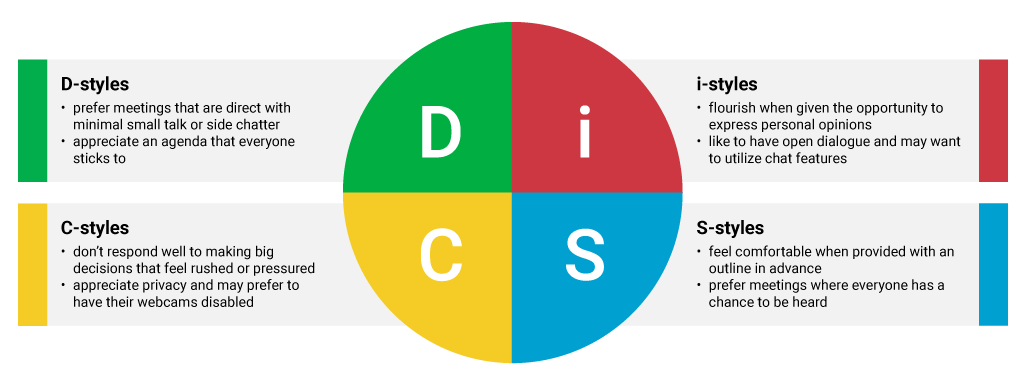If you’ve got a manager whose leadership style is, let’s just say, “different” than yours, don’t despair. We can all learn from each other, and there are ways to communicate effectively even when your operating styles may clash. Watch Bobbie LaPorte’s December 4 “Calling the Game” video for some tips on how to gently give (and receive) constructive feedback to help you both move forward together.
What to Do When Your Boss’s Operating Style Doesn’t Align with Yours and Your Team’s
Hi, this is Bobbie LaPorte, back with another week of “Calling the Game,” where I share my own experience and insights while giving you valuable tools you can use to call your own game…and plan the best moves for you and your team.
How many times in your career have you had bosses with very different operating styles than yours, one that perhaps tended to micromanage or use excessive oversight, or perhaps just the opposite – an approach that is visionary, high on big ideas and concepts but short on details and execution?
There are many ways that your style and approach to work can clash or be at odds with your boss’s. It’s important to realize that all styles have value and that in today’s complex operating environment, no one has all the answers; we all need to rely on and learn from each other.
Savvy managers know that your success is their success, and they are generally open to feedback that will help both of you achieve an effective working relationship.
Three Considerations for Communicating Operating Styles with Your Boss

So how do you approach what is often seen as a delicate conversation – that is, a feedback session with your manager? Here are three things to consider if you are thinking of taking this step in building a more effective working relationship with your boss:
- Let them know what you appreciate about working with them, followed by, “And there is one that would make things better in our working relationship,” and share what that is. Give a specific example of what “better” looks like.
- Always take the enterprise view in conveying your request. How could the business benefit from a better working relationship between the two of you?
· Is it how your team is supported to do their work?· How internal stakeholders will be better served.
· More clarity and certainty in expectations that will eliminate rework or redundancy? Translating the potential impact of the request you are making is critical. - And, if it’s appropriate, you can also share how you have been seeking and responding to feedback from others, acknowledging that we are all works in progress.
Feedback offered in a generous and non-judgmental way is usually welcome. You won’t know unless you make the offer.
Okay, that’s it for this week’s “Calling the Game.” Hope this helps you gear up for a great week to navigate any curveballs that may come your way!



